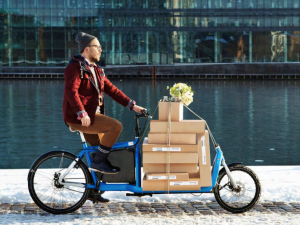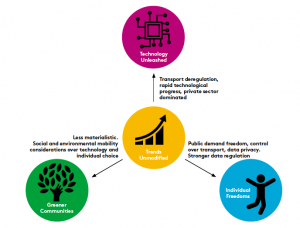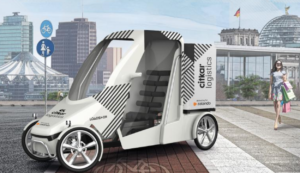Author archives
Deutsche Post stops working with Postbots, parcel boxes and more
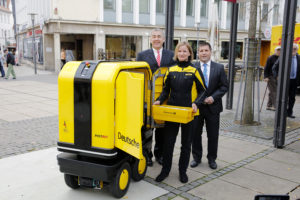
Deutsche Post stops testing several new delivery technologies, says CEO Frank Appel in an interview in Tagesspiegel. In the foreseeable future, no drones will be used and no parcels will be delivered in the trunk of cars and behind the house door. Consumer interest is not big enough for profitable use of the new technology.
UK: the future of mobility
McKinsey: will the coming mobility revolution make urban traffic better?
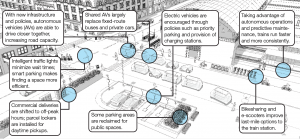
Despite governments’ best efforts, traffic is getting worse in many cities, and urban mobility has become increasingly complex. Congestion carries health consequences, in the form of accidents and air pollution. Demographic trends will accentuate today’s strains, which aren’t solely about the movement of people. E-commerce is also growing fast, adding to the demand for urban commercial …
Why do retailers take last mile into their own hands?
Amazon: good results despite increasing fulfillment cost
Many European countries are failing to comply with standards on air quality.
UPS joins reusable consumer packaging solution Loop

UPS has joined the coalition of the world’s largest consumer product companies and international recycling company TerraCycle to unveil an innovative reusable and returnable system for managing consumer product packaging. The system, called Loop, will be tested in Paris and New York as a first step toward full implementation in consumer markets.
Electric vehicles in the last mile: a sustainability assessment of postal deliveries in Brazil

The rise of e-commerce activities increases the complexity of the last-mile of parcel deliveries and its impacts on the environment and quality of life. A new paper proposes a method to assess alternative strategies for the last-mile of parcel deliveries, in terms of social, environmental, and economic impacts and presents for a postal company Rio de …
Research: understanding logistics sprawl
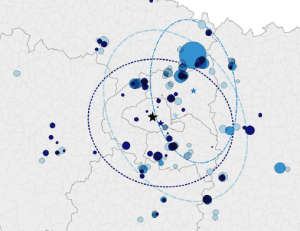
In the last few years, the issue of the location of logistics activities emerged in the literature, in Europe, and in the US, especially from the perspective of logistics spatial dynamics as logistics sprawl. These issues of spatial dynamics question urban policies because they underline the lack of interest in freight in the planning process.

